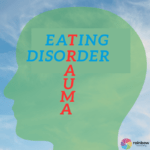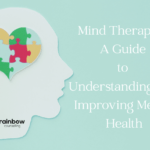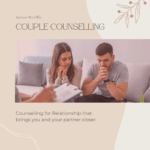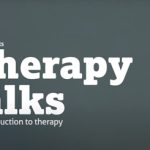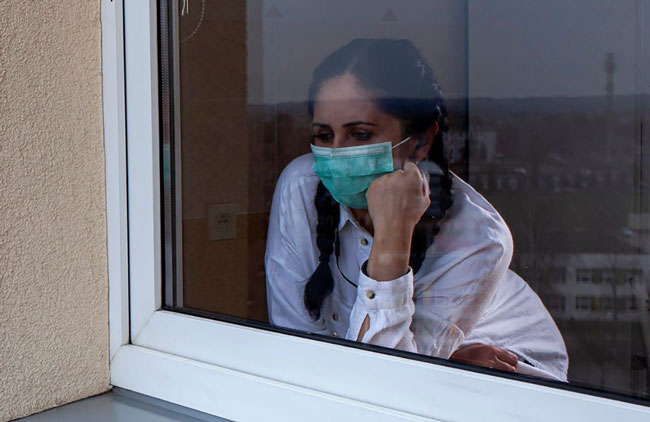
The mental health toll of the pandemic
A huge 75% of us say that our mental health has been impacted by the pandemic. Research from the Public Perceptions Survey found that three quarters of us have been negatively impacted.
 Most commonly the separation from friends and family has been a key issue. Other concerns have included fear for the health of loved ones, particularly those vulnerable to Covid-19, feeling isolated and job worries.
Most commonly the separation from friends and family has been a key issue. Other concerns have included fear for the health of loved ones, particularly those vulnerable to Covid-19, feeling isolated and job worries.
More than two thirds of us believe mental health should be prioritised as we recover from the pandemic.
Check out the full article from BACP > including a helpful infographic which highlights some of the key figures from the research. And as always please remember if your mental health has been impacted by recent events, we at Rainbow are here to help.
Please don’t hesitate to contact us >
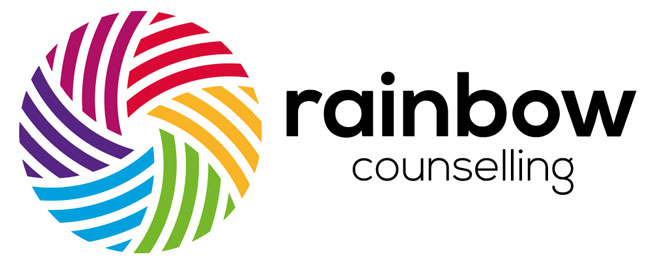


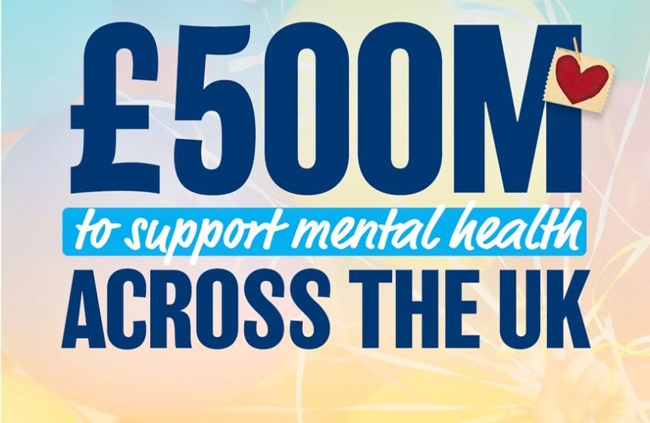
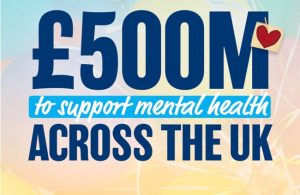 The plan, published in March this year, aims to specifically target those who may have been most affected, such as young people and frontline workers.
The plan, published in March this year, aims to specifically target those who may have been most affected, such as young people and frontline workers.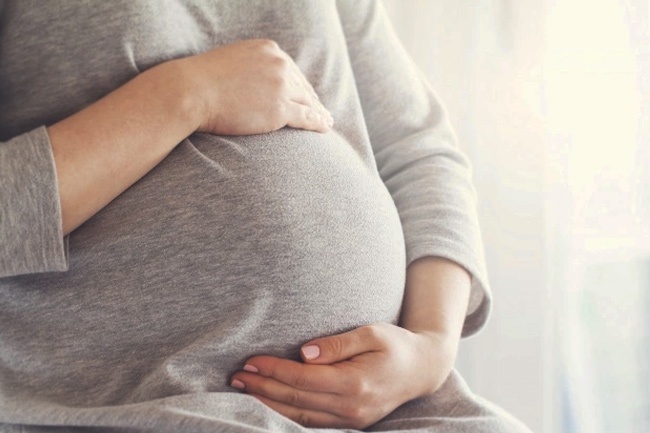
 New, expectant or bereaved mothers are to be offered mental health help and support through new hubs being set up by the NHS across the country.
New, expectant or bereaved mothers are to be offered mental health help and support through new hubs being set up by the NHS across the country.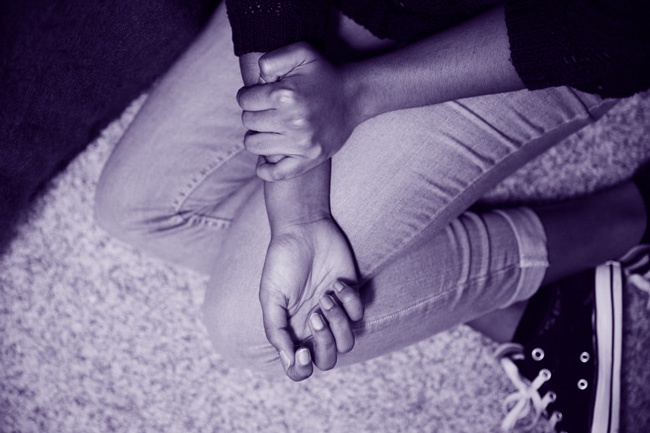
 Some people experience self harm as a way to express overwhelming thoughts and feelings where these are hard to put into words, almost as though the pain is being transferred from emotional to physical pain. For some it is linked to feelings of low self-esteem, for others perhaps it may be a response to trauma for example. But the thoughts and feelings behind self harm are unique to the individual just as different methods of self-harm are varied. Cutting yourself for example is often associated with self harm but more subtle forms of harming your body, such as deliberately getting into fights, may also find their roots in a desire to self harm.
Some people experience self harm as a way to express overwhelming thoughts and feelings where these are hard to put into words, almost as though the pain is being transferred from emotional to physical pain. For some it is linked to feelings of low self-esteem, for others perhaps it may be a response to trauma for example. But the thoughts and feelings behind self harm are unique to the individual just as different methods of self-harm are varied. Cutting yourself for example is often associated with self harm but more subtle forms of harming your body, such as deliberately getting into fights, may also find their roots in a desire to self harm.
